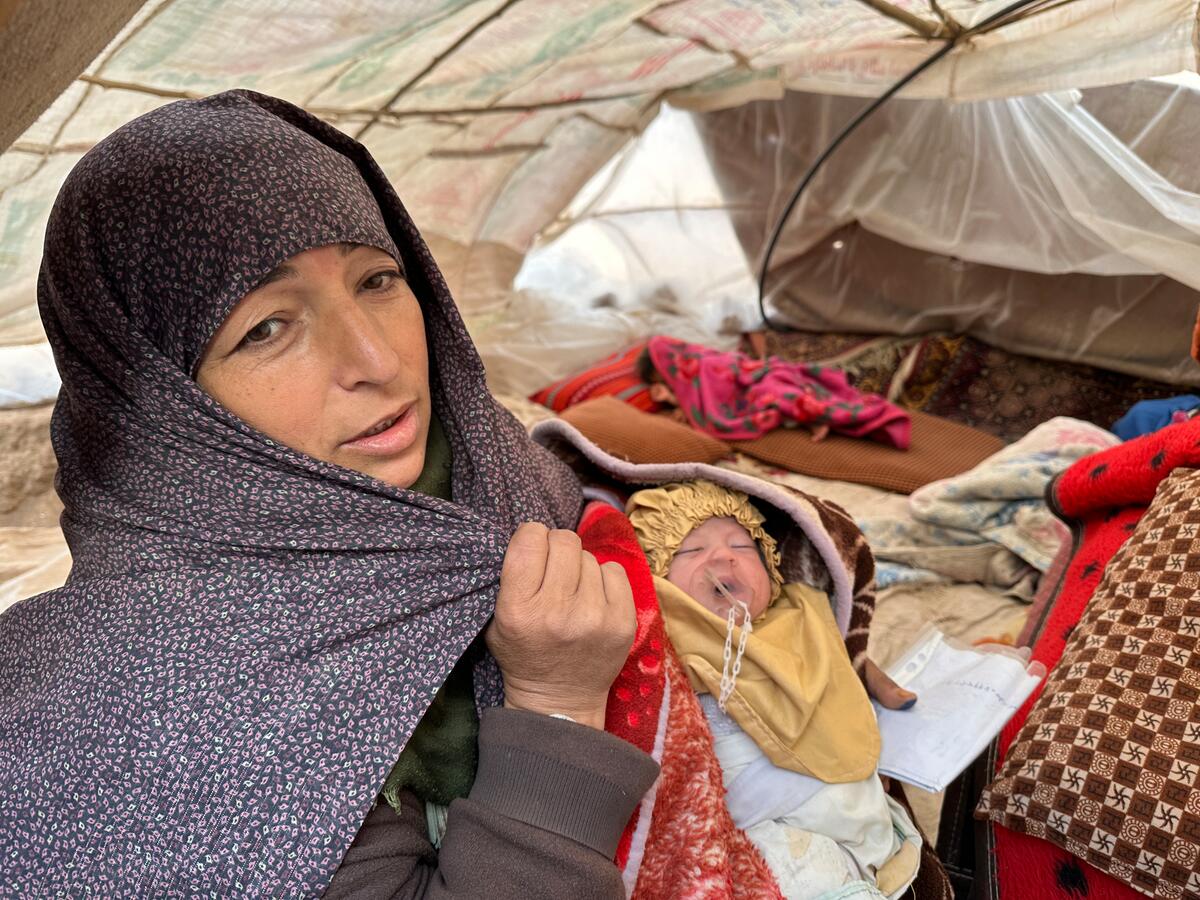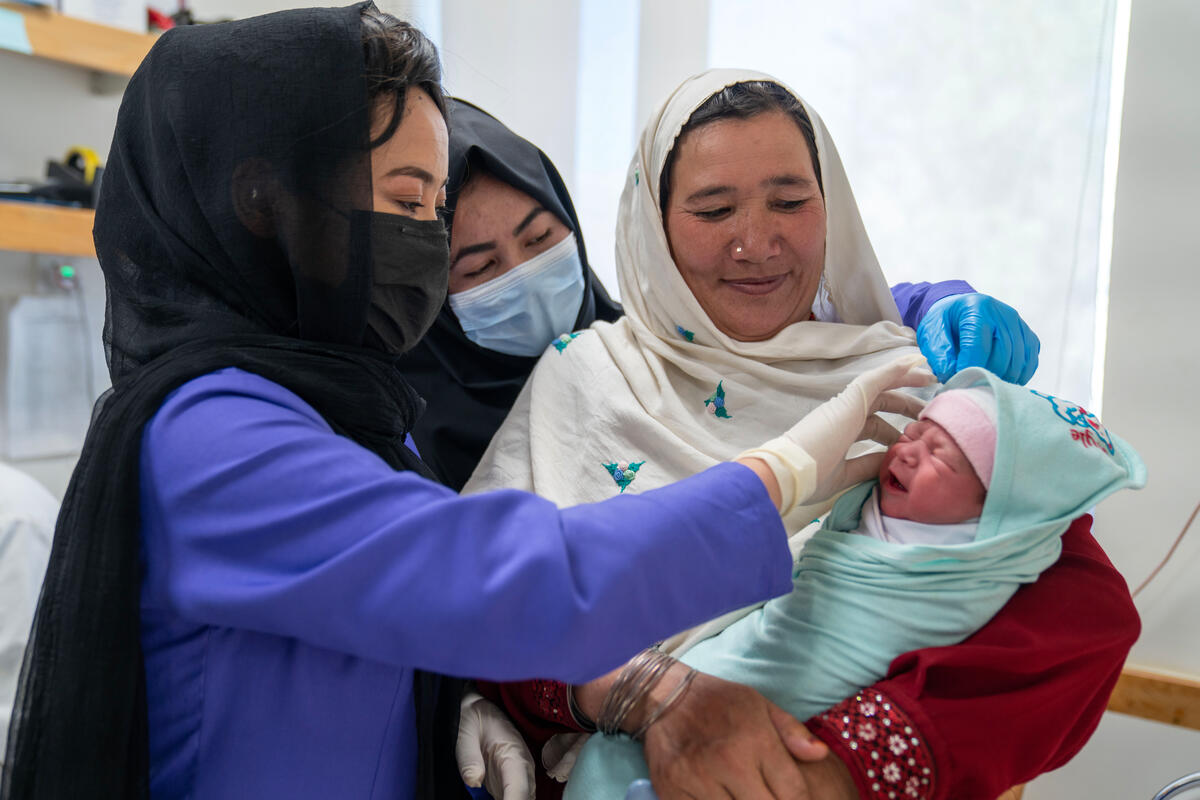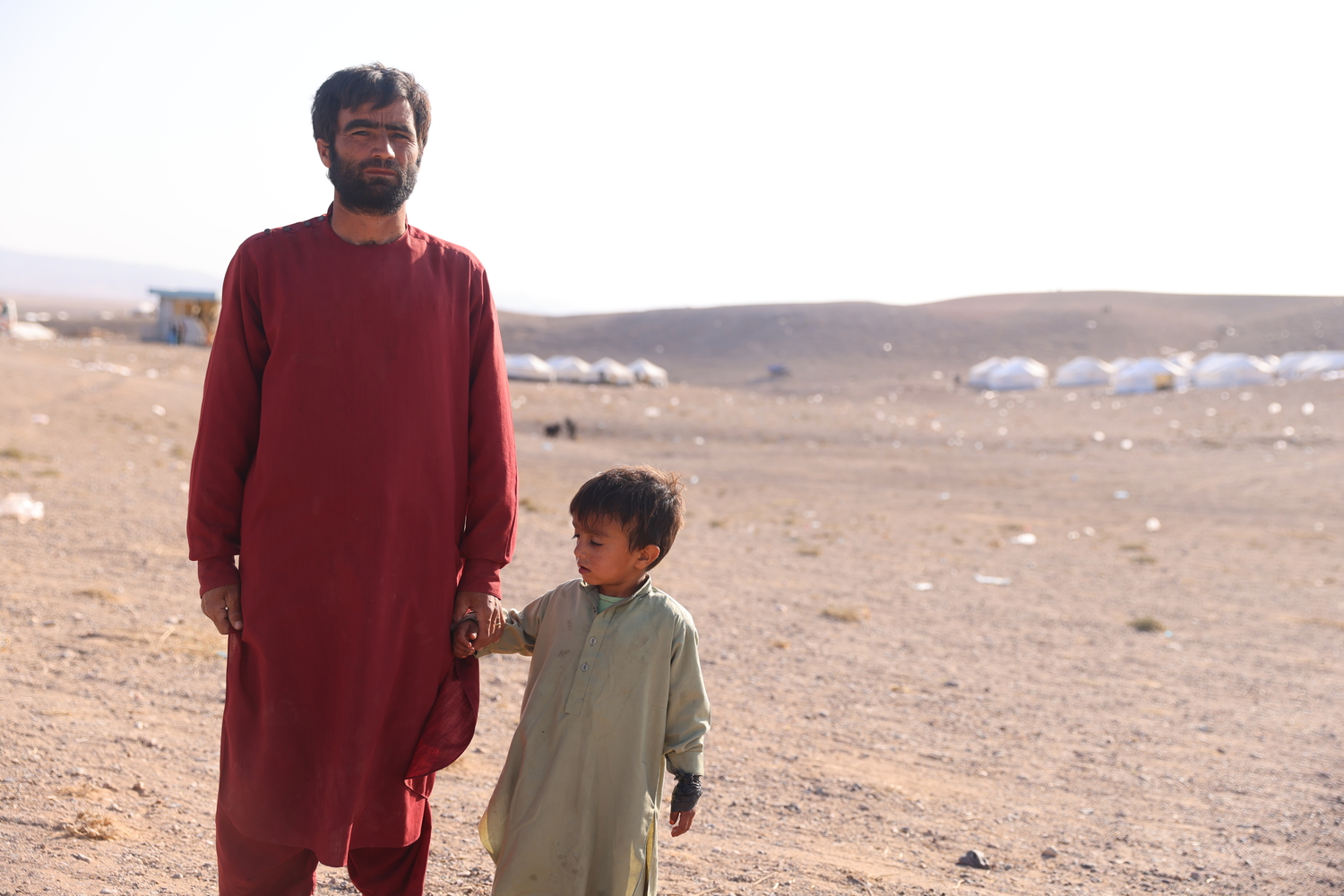Lubbers: stability remains key to Afghan refugee returns
Lubbers: stability remains key to Afghan refugee returns
1 April 2004
BERLIN - UN High Commissioner for Refugees Ruud Lubbers today hailed the return of more than 3 million Afghans over the past two years, but warned that only continued attention to security and reconstruction needs would ensure that many others still outside the country will follow.
Speaking to governments at an international conference on Afghanistan's reconstruction, Lubbers said the millions of refugee returns were a sign of confidence by Afghans in their government and the stability that has been re-established in many areas of the country since the fall of the Taliban in late 2001.
But a rapid expansion of the NATO-led International Security and Assistance Force and the country's police is vital in assuring refugees of a minimum level of security upon their return, Lubbers stressed.
"Refugees always ask us if there is a trained police force or international military presence in their home areas," he said. "Understandably, this is a major concern for them. It is also necessary for the United Nations and its humanitarian partners."
Some 65,000 Afghan refugees have gone back this year, mainly from Iran. The pace of returns from Pakistan has increased rapidly since repatriation from that country resumed in early March. More than 30,000 refugees have already registered to go back, well ahead of the number that left Pakistan in the same period last year.
Lubbers said an improvement in stability and security in parts of the north-east, centre and west of the country meant his agency could start moving toward active encouragement of returns to some selected areas. Currently, UNHCR only facilitates the repatriation of people already intending to go back on their own.
The High Commissioner warned that to maintain refugee returns and to avoid renewed ethnic tension, Afghanistan needs long-term development aid. He emphasised that return, particularly of minorities, constituted an important element in fostering coexistence and peace-building. All of it requires sufficient funding from donors, he added.
"Boosting Afghanistan's absorption capacity by meeting infrastructure and reconstruction needs will mean that people going back do not overwhelm areas recovering from decades of war," Lubbers said.
"Sustainability is the key here," he said. "Afghanistan must be able to absorb returning refugees, and communities welcoming them back must be better equipped to handle ongoing returns; that means meeting the demand for jobs, education, health care and shelter."
UNHCR is working with the Ministry of Rural Development to include returning refugees in the government's nationwide development programme, an approach that is beginning to yield results.
Lubbers said his agency has also set a goal of helping all of Afghanistan's 180,000 internally displaced persons to return to their communities by the end of 2005.
Afghans going back with the refugee agency's support receive a travel grant upon their return, plus funds to purchase food and other items on the local market. Returnees are also integrated into local assistance programmes, including infrastructure projects like well-drilling, schools and other schemes. UNHCR is seeking $122.5 million for Afghanistan and repatriation programmes in surrounding countries this year.
UNHCR is also stressing the importance of regularising the status of temporary migrants who work or study in neighbouring countries, thus helping to promote economic cooperation throughout the region. This could benefit a large number of people throughout the region. Improved commercial and trade links will provide increased regional stability and economic growth, Lubbers said.








